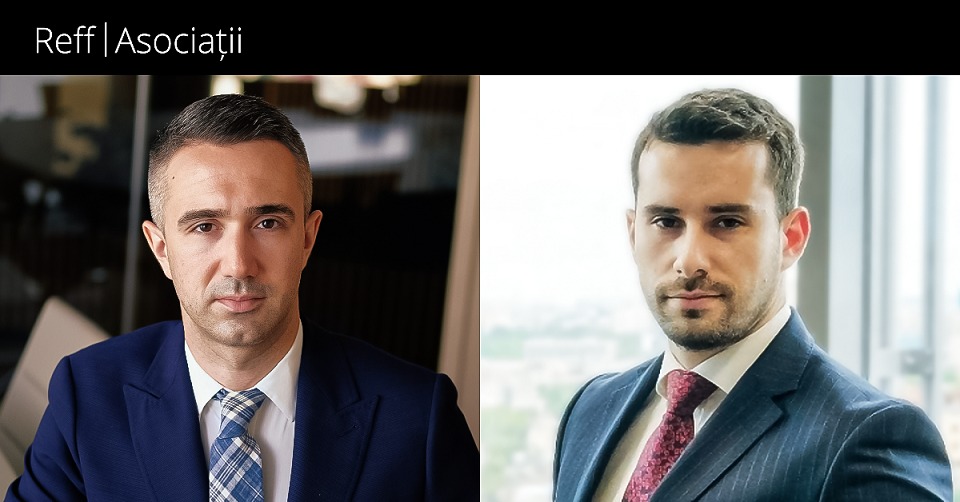Study: Romanian companies expect more insolvency proceedings and disputes related to data and consumer protection

Data and consumer protection are the regulatory areas that have the greatest potential for increasing the litigation activity in the next three years, according to 64 percent and respectively 59 percent of the Romanian companies participating in the Deloitte Legal study “New Roads to Dispute Resolution”, conducted on a global level, including Romania. In both cases, the percentages are much higher than those recorded globally, respectively 48 percent and 40 percent.
At the same time, the study highlights that there are areas where, although the risk of litigation is moderate at present, the potential for growth in the next three years is significant, such as insolvency proceedings (the difference between those who expect growth in this area and those who estimate a decrease being 47 percentage points), cybersecurity (+32 percent) or tax (+27 percent) related disputes. Additionally, about a quarter of the respondents indicated class actions and mass litigation as an area of concern, which places it on the fourth place in the top of risk topics in the vision of companies in Romania.
From the point of view of tax controversies, most participants expect an increase of litigation activity in corporate income tax (49 percent), commercial litigation related to the allocation of tax burden between private parties (49 percent) and in the area of personal income tax (41 percent). In these cases, the percentages are similar to those recorded globally.
The use of digital solutions in activities related to litigation is considered beneficial by most companies in Romania, 78 percent of them already investing in the digitization of this field, and 68 percent claiming that artificial intelligence and process automation systems through software robots (Robotic Process Automation – RPA) helps to significantly reduce time and costs dealing with litigation cases (vs. 58 percent at global level). At the same time, the outcomes of disputes are more predictable with the implementation of such solutions (53 percent, similar to the global average), and blockchain technology provides reliable evidence in disputes (56 percent, similar to the global average), study participants point out. On the other hand, only 29 percent of Romanian respondents expect artificial intelligence and RPA systems to replace, even partially, lawyers specializing in litigation (compared to 52 percent globally).
Regarding the perception of Romanian companies towards the justice system, the study indicates a 6 percent net increase in trust in local arbitration institutions and, respectively, 3 percent in international arbitration institutions and in the Court of Justice of the European Union.
“We are grateful for the extremely high interest expressed by the Romanian companies in our study on dispute resolution, which generated a number of responses that allowed the crystallization of the local specificity of this area (compared to the global results) and which, at the same time, confirmed that the way of managing disputes is a priority for the business environment in our country. In addition to identifying the main threats and concerns for our clients, the study shows that the use of digital solutions and the involvement of non-legal experts are priorities in relation to dispute resolution, an indicator of the maturity and sophistication of dispute resolution mechanisms in Romania,” said Mihnea Galgotiu-Sararu, Partner Reff & Associates | Deloitte Legal, leader of the administrative and commercial dispute resolution and arbitrations practice.
“Although the pandemic context has generated a delay in fiscal controversies, amid the measures to limit or postpone the controls, we note that they represent one of the most important litigation areas expected by the companies operating in Romania for the coming years. In fact, tax consultants have been identified by the majority of respondents as one of the most relevant non-legal specialists that companies turn to during disputes in which they are involved,” said Mircea Farcau, Managing Associate, Reff & Associates | Deloitte Legal.
According to the study, the main reasons for Romanian companies to resort to external counsels in relation to dispute resolution matters are the access to specialized services, including consulting services related to digital solutions, in the field of taxes and not only, and experts in related fields (44 percent), lack of internal resources (33 percent) or limited expertise in the field (25 percent).














